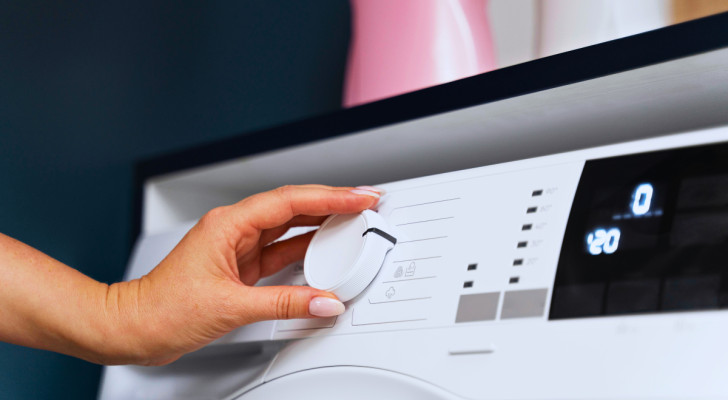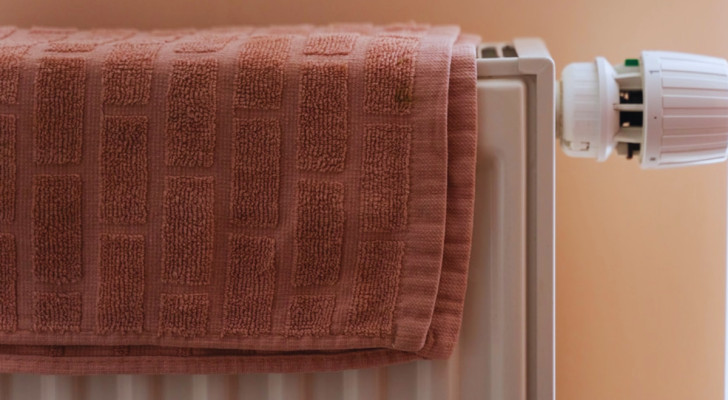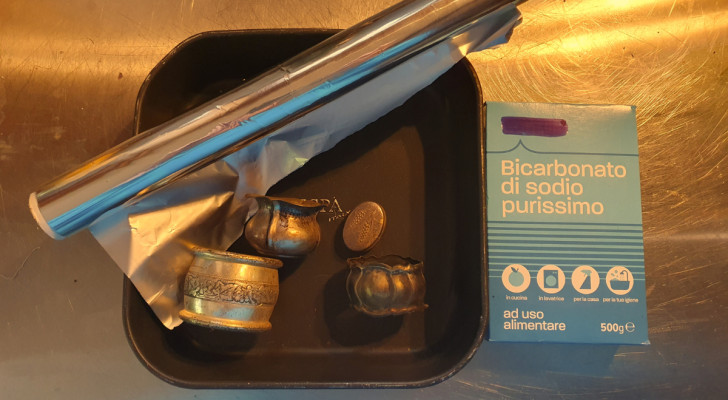No need for a plumber: how to unblock your kitchen sink with simple, DIY methods
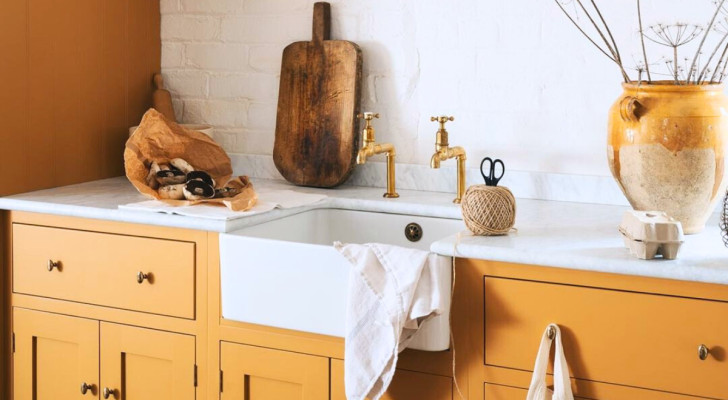
At some point, all of us have had to face dealing with a blocked kitchen sink/drain. Depending on the severity of the blockage, you might have to call out a plumber. Of course, you can first try clearing the yourself and this is not all that difficult to do: with a little patience and without taking unnecessary risks, you can try out a few DIY remedies - read on to find out more!
What causes blockages in kitchen sinks?
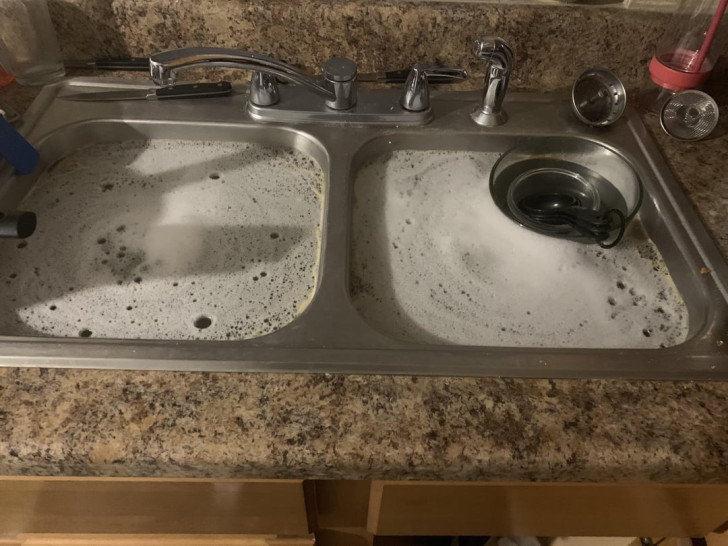
As careful as you might be, some fatty and oily substances will go down your kitchen sinks and eventually end up creating a blockage problem. Gravies, sauces, leftover cooking oil (which should be disposed of separately, of course), and similar leftovers end up in the pipes and sticking to them (especially in the bends).
As this mass slowly grows bigger, the kitchen sink will eventually become blocked.
As a first measure, then, you should always be very careful not to let these "fatty" substances go down the drains, and perhaps you can even get into the habit of pouring a little hot water, or vinegar, down the sinks regularly (and especially when you have finished washing lots of very dirty dishes in the sink).
Unblock the kitchen sink using vinegar and baking soda
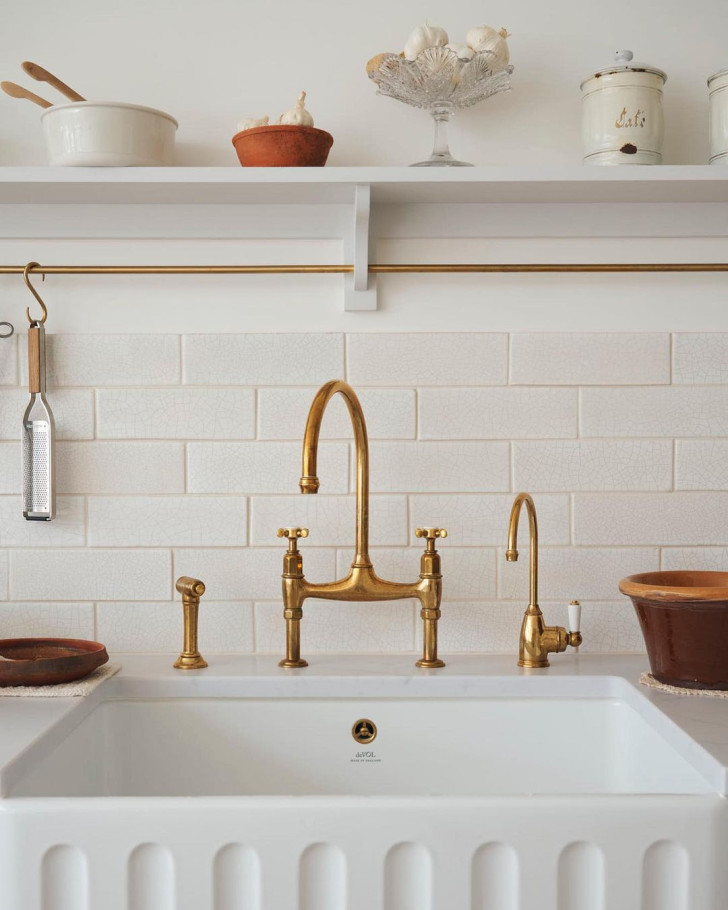
The simplest, classic method for unblocking a kitchen sink, is to use white vinegar and baking soda:
- Pour 150 grams of baking soda down the drain;
- After five minutes, pour 150 ml of white vinegar down the drain;
- Leave this mixture to act in the pipes for a quarter of an hour;
- Once this time has passed, flush away using very hot (but not boiling) water.
This method will clear minor blockages, and works well because baking soda and vinegar mixed together produce a chemicla reaction that helps dissolve the fat in clogs. The hot water flushes away any residue of the clog/s.
Other remedies to try to unblock a kitchen sink
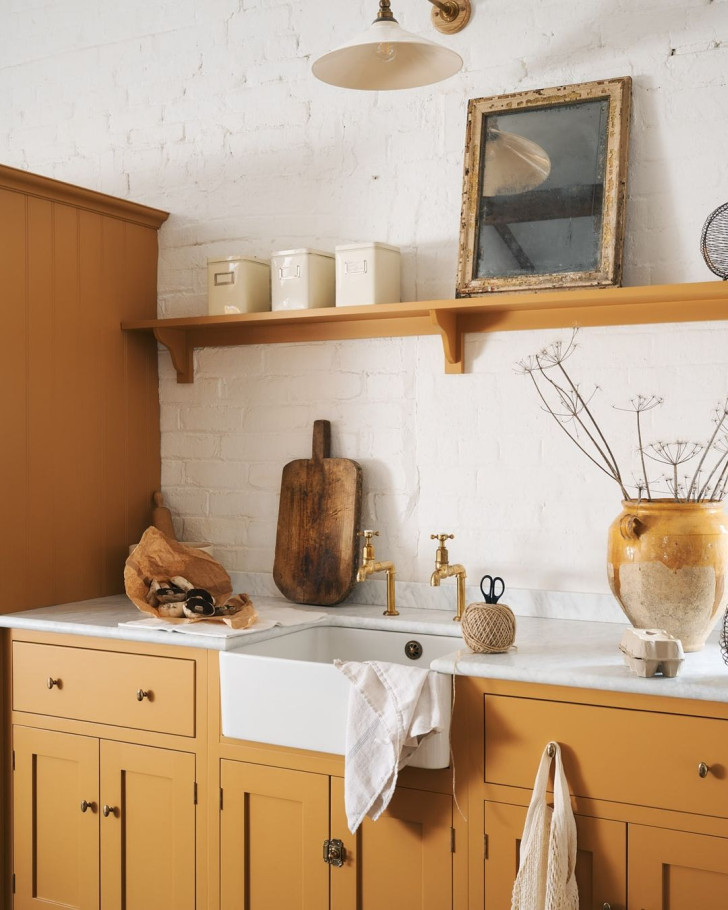
Blockages are usually caused by fatty or oily masses so, just using boiling water can work to clear them. Boil a kettle, and pour the water down the drain slowly, small quantities at a time.
Be careful, however: using boiling water can deform PVC pipes, rubber joints or plastic materials that are not heat-resistant. First check the materials your plumbing is made of always pour the boiling water in slowly (pouring slowly will also prevent you getting scalded by splash-back). Always wear rubber gloves and set about doing this task calmly. If the pot/kettle is heavy, rather use multiple smaller, more manageable containers.
When the water won't drain at all, it is worth trying a drain plunger on the blockage. Remember that these only work properly when there is enough water in the sink to cover the suction cup. Position the suction cup over the drain hole, as centered as you can. Then begin to plunge: start gently and then use firmer and faster plunging motions. Ensure the suction cup stays stuck to the bottom of the sink.
You will hear noises from the drain whilst using the plunger. With a bit of luck, you eventually feel less resistance, meaning the blockage has begun to shift. Take out the plunger and check how the water is draining now. If the blockage has not been cleared, repeat this operation.
Commercial drain cleaners are also effective blockage removers, but usually only for clogs near the plug opening. If the blockage is a way down the pipes, you try using a plumber's probe to grab or break up the clog (which can then be flushed away with hot water and/or vinegar).
If none of the above methods work, then you'll have to call a plumber. Usually, however, you will succeed in unblocking your kitchen sink - good luck!


